Why choose us?
We're dedicated to responsive and clear communications with all our clients. Open from 8am-6pm, we respond to all e-mails and calls as soon as possible. Why not call us for a free consultation about your needs at: 01908 061 400

How Many Candidates Should You Interview?
Page Overview:
At Aaron Wallis Sales Recruitment, we help streamline your hiring process by advising on the optimal number of candidates to interview, because too many can overwhelm you, and too few may mean missing great hires. This page breaks it down by complexity: for junior roles, shortlist 3–4 and interview 2–3; for mid-level roles, shortlist 6–8 and interview 4–5; and for senior or specialist positions, shortlist 8–10 and interview 5–6, before narrowing to 2–3 finalists for final discussions. Following this formula balances rigour with efficiency and helps you reach confident, clear hiring decisions.
You've written the perfect job description and received a flood of applications. But how many candidates should you interview? Too many, and you'll be overwhelmed; too few, and you risk overlooking the ideal candidate. Striking the right balance is key. Here's how to determine the correct number of interviews for your hiring process.
How Many Candidates Should You Interview?
The number of candidates you interview depends on several factors, but the two most important are:
- The urgency of filling the role – If you need someone in post quickly, narrowing down your shortlist to the strongest applicants early on is crucial.
- The complexity of the role – Some positions require a broader skill set or a particular cultural fit, meaning a wider range of candidates may need to be considered.
For a junior or entry-level role, such as a Sales Administrator, you might receive 50+ applications. However, only 5–10 will meet the essential criteria. From these, shortlist 3–4 candidates and interview 2–3. If none fit the bill, you can always revisit your shortlist.
For a mid-level role, such as a Sales Manager, you may receive over 100 applications, with 15–20 meeting your criteria. Narrow this down to a shortlist of 6–8 candidates, conduct interviews with 4–5, and invite 2 or 3 back for a second interview.
For a senior or specialist role, such as a Head of Sales, expect a high number of applications, but only a handful will have the expertise you need. Shortlist 8–10 candidates, interview 5–6, and bring the top 2 or 3 back for final discussions.
The Risks of Interviewing Too Many Candidates
While it may be tempting to meet as many applicants as possible, this can be counterproductive. Interviewing requires:
- Scheduling and coordinating availability
- Preparing tailored questions for each candidate
- Conducting post-interview evaluations and providing feedback
Too many interviews also risk splitting the panel's preferences, making it harder to reach a clear decision. The ideal approach is to keep interviews structured and focused on the most promising candidates from the outset.
What's the typical recruitment process?
Quite simply, the recruitment process refers to:
-
- Defining the open position
- Attracting applications (internal and/or external)
- Sifting through and shortlisting
- Interviews
- Job offer
Many companies will leave their human resources team to handle all tasks. Still, some will invite recruitment firms like Aaron Wallis to do the initial graft of sifting and provide the ideal candidate (or several) for interviews.
The success or otherwise of your final choice of a new starter is defined by how well you undertake the preceding steps. The suitability of your applicants will depend on how well you defined the job description.
If you're after a software engineer, you'd want to stipulate the experience and qualifications you require; otherwise, you could be inundated with unsuitable applicants who don't know their computer code from their highway code. Your interview process will only be as good as the shortlist of candidates you've agreed to meet. And your final selection and job offer will only succeed in the long term if your interviews were thorough.
What are the six types of job interviews?
Traditional one-on-one interview
-
- Someone from HR or the hiring manager speaks alone with the candidate, generally at the company offices. This is how most people think of a job interview.
Phone interview
-
- This will most likely be a pre-screening interview to get an initial feel for candidates before inviting a shortlist in for face-to-face talks. You'll get an excellent first impression. For example, if you're filling a sales position and the candidate sounds quiet and nervous on the phone, then move on quickly!
Panel interview
-
- A panel grills the candidate, likely made up of people from different areas like HR, managers and employees in a similar position. They will ask questions depending on their role and experience, and will hopefully come to a consensus about their preferred candidate.
Behavioural interview
-
- The interviewer will pose questions based on everyday situations that crop up in the open role. The aim is to see how a candidate's behaviour and decision-making will benefit the business when faced with similar situations in a previous role.
Group interview
-
- Ideal if you want to get a group of candidates in to see who wants to work at your company, maybe by including a short presentation and a tour of the premises. This could be followed by brief one-to-ones. This is an excellent way to observe the candidates together, spotting those with leadership potential, those happy to follow the crowd or maybe those who are simply unsociable!
Lunch interview
-
- An excellent way to get to know someone better is with a second interview. Outside of the workplace, in a more relaxed atmosphere, you'll get a feel of whether your job seeker will be a great cultural fit within your business.
Should we use head-hunters or database recruitment?
Database recruiting will follow the tried-and-tested format of keeping a list of potential candidates, their skills, salary or role expectations and experience, and matching them to any given open role. You can expand your database by advertising your open position or receiving unsolicited applications. It's seen as a traditional and effective recruitment system.
However, for specific roles, it's occasionally best to proactively search for the right candidate yourself. That's headhunting. You might do this for the most senior roles in the business, or if a very strict, technical or hard-to-find skillset is required.
If you are after either database recruitment or a headhunting service, please get in touch with Aaron Wallis Sales Recruitment either by phone (01908 061400) or by submitting a vacancy here.
Employer Advice Categories
Navigate our other Employers Advice categories by clicking the following icons:
Date published: 3rd August 2025
Date published: 6th August 2025

by Rob Scott
Managing Director

About the author
Rob Scott
Please call us to discuss your vacancy
From our blog
Our employers say...
Our candidates say...




